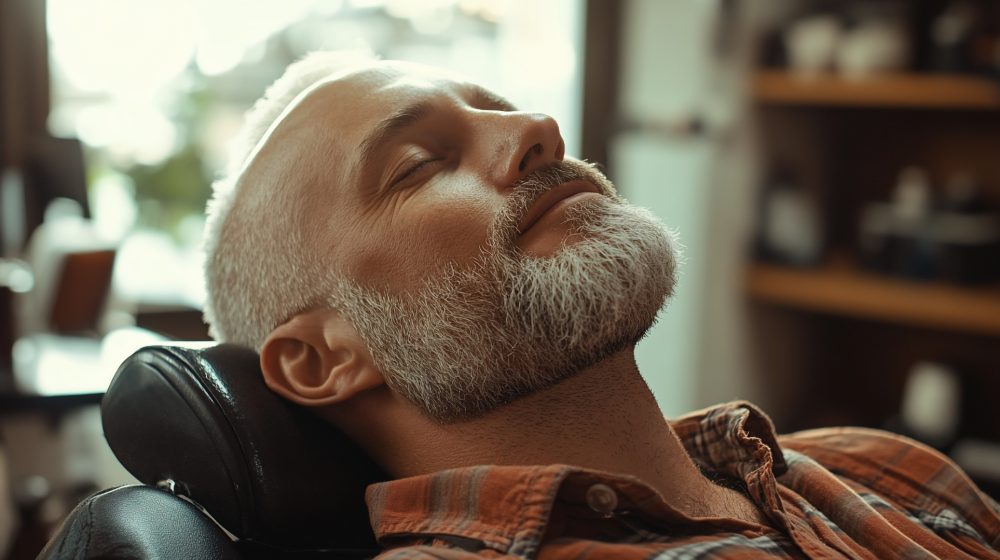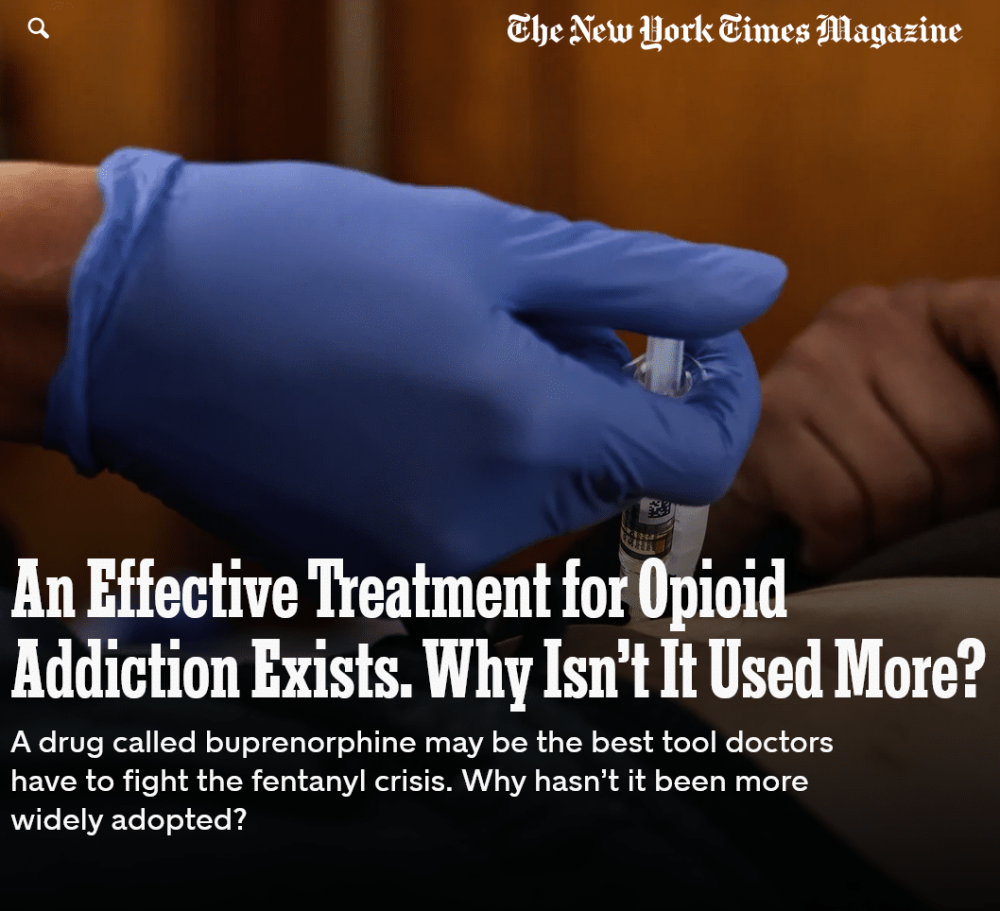Detox is a crucial first step in most people’s recovery journey. However, understanding whether you need medical detox and choosing an opiate detox center and can be challenging, especially if you don’t know what you’re looking for.
If you or a loved one has been taking high doses of opiates for a prolonged period of time, detox presents a number of medical risks, psychological challenges, and unpleasant withdrawal symptoms that can be difficult to tackle alone.
What Are Opiates?
There are a range of opiates (formally referred to as a class of drugs called opioids). Opioids are narcotics either derived from opium poppy plants or synthetically manufactured. They can be used to induce sleep and alleviate pain or used recreationally to create feelings of euphoria. However, opiates have become the most popular form of pain relief, despite a lack of evidence that they are effective in the treatment of long-term pain. Long-term use can result in increased sensitivity to pain.
Because these drugs affect the pleasure center of the brain, causing euphoria, they have the greatest potential for misuse, meaning they can lead to the brain becoming addicted and subsequently cause substance use disorder. Opioids can also lead to the body becoming physically dependent. This can mean that unpleasant side effects, or withdrawal symptoms, are experienced when use of the drug is reduced or stopped.
Opioids are the most powerful drugs available in the United States with some of the deadliest consequences. Found as both prescription medications for pain and illicit street drugs, opioids have the ability to cause changes in the body that can lead to physical dependence in a very short period of time.
Synthetically manufactured opioid drugs include codeine, oxycodone, methadone, fentanyl, morphine, hydrocodone (Norco/Vicodin/Lortab) and hydromorphone (Dilaudid IR). Illicit opiates used most commonly include heroin, but also prescription opioids like oxycodone and fentanyl.
Some of the most potent opioids that are prescribed include fentanyl, oxycodone, hydrocodone, oxymorphone, morphine, and carfentanyl. Between 1999 and 2011, the consumption of hydrocodone more than doubled and the use of oxycodone increased by nearly 500 percent.
Street names for opioids include oxy, m30s, percs, demmies, black tar heroin, China, big whites, Captain Cody, act, Little C, Dro, purple drank, smack, footballs, morpho, roxy, ercs, greenies, rims, God’s drug, footballs, chill pills, trammies.
What Is Substance Use Disorder?
Dependence occurs as a result of changes within the body and brain when someone is chronically exposed to the drug. Substance use disorder (SUD) is defined as compulsively seeking a drug despite negative consequences. SUD is a serious medical condition affecting an estimated 20 million Americans (SAMHSA, 2017). On average, 130 Americans die every day from an opioid overdose (CDC).
The effects of opioid or substance use disorders are wide-ranging and potentially fatal. They are highly addictive and very difficult to withdraw from without professional medical detox. Their effects include the risk of overdose, slowed breathing, heart rate and blood pressure, disorientation, coma, and gastrointestinal problems.
There are many reasons why people don’t seek the help they need, including feelings of shame and fear about the process of detoxification. Many fear that detox will be uncomfortable and painful. You will know if you need detox by seeking professional medical assistance from a qualified medical provider who can best advise you based on your personal situation and use history. Our admissions team would be happy to help advise you as to the best next steps.
Do I Need Medical Detox From Opiates?
What is often most challenging about substance use disorders is that 95 percent of people do not see their substance use as problematic, and for those who do, only one out of nine people actually get the care they need (SAMHSA, 2019). There are many reasons why people don’t seek the help they need, including feelings of shame and fear about the process of detoxification. Many fear that detox will be uncomfortable, painful, and even fatal.
The reality is that detoxing from opiates is challenging without proper medical care. You will know if you need detox by seeking professional medical assistance from a qualified medical provider and the advice of SAMHSA.
SAMHSA’s Recommendations for Detox
“For alcohol, sedative-hypnotic, and opioid withdrawal syndromes, hospitalization or some form of 24-hour medical care is generally the preferred setting for detoxification, based upon principles of safety and humanitarian concerns.”
– SAMHSA Detoxification and Substance Abuse Treatment Improvement Protocol, TIP 45
Opioid Detox and Withdrawal Symptoms
Without proper medical intervention and an individualized plan, opioid detox can be unpleasant and potentially fatal.
Common opioid detox and withdrawal symptoms may include:
- Muscle aches
- Inability to sleep
- Diarrhea
- Abdominal cramping
- Excessive sweating
- Nausea and vomiting
- High blood pressure
- Anxiety
- Restlessness
- Rapid heartbeat
- Teary eyes
- Blurry vision
- Goosebumps on the skin
We can help overcome uncomfortable withdrawal symptoms through effective, safe, and comfortable medical detox provided by addiction experts. Our patients are rarely uncomfortable because we provide an individualized plan for each patient and their needs.
How to Choose an Opiate Detox Center
There are various types of opioid detox centers. However, it’s important to note that not all detox options are the same. Some opiate detox centers may use outdated protocols and oral medications within the confines of psychiatric facilities, leaving patients feeling dehumanized while they stay in a sterile and cold environment. There is also the added complication of the COVID-19 pandemic and potential risk of transmission. Safety and infectious disease protocols are now paramount to finding the right opiate detox center.
With that in mind, here are our top tips to pick safe medical detox:
- Consult a medical professional. When making decisions about your health it’s important to get input from a medical professional who can help you to make the best decision based on your individual health needs.
- Consider safety as the most important factor. Does the facility have an infectious disease protocol? If so, what is it? And what will they do if there is an outbreak? Do they have personal protective equipment? Another factor to consider: Is this a small or large facility? Smaller facilities will be able to keep the risk of COVID-19 transmission lower because there will be less patients and volume of medical providers.
- Medical expertise. It’s important when choosing a detox facility that you consider the level of expertise and supervision available at the facility. Given the seriousness of medical detox, and risk of complications, it’s critical to know that you’re in safe hands. Look for emergency care as well as addiction experience in the medical team. Ideally they should have ER or ICU experience as well as training in infectious disease management. It’s also worth noting if the staff are employed full-time. Part-time and contract staff increase the risk of transmission as they may be working at more than one medical detox center.
- Medical program. Not all detox facilities are created equal. Some offer oral medication and others IV Therapy which can be tailored to the patients needs. What’s important is that the medical detox program offers evidence-based medicine that has been proven to make patients comfortable, ease withdrawal symptoms, reduces the risk of complications, and promotes and individualized plan for recovery next steps. Patients and their families should also choose facilities that offer 24-hour medical monitoring and supervision and can make adjustments to the patients program without having to wait to see the doctor the next day.
- Private bedrooms. Will you have your own private room? It’s critical that you have a private room that is not shared with other people. There is too much uncertainty in a shared room when you may be unaware of their medical history.
- Comfort of facility. Many facilities differ in terms of amenities and personal allowances. For example, some may require patients to relinquish mobile phones and laptops and others may not. As well as a private room, it’s worth considering what other amenities are available, such as outside areas, food and drink available, private storage, TV and other electronics, and comfort of bedrooms. Is the facility ADA compliant?
- Insurance. Does the facility take all major insurance? Are there private financing options available?
- Patient satisfaction results. Are there patient reviews and satisfaction survey results available? One of the best ways to know how good a facility is, is by the medical detox center’s patient satisfaction. Ask the admissions team for a copy.
For more information about Gallus Detox Centers, contact us today.


 Steve B
Steve B 
